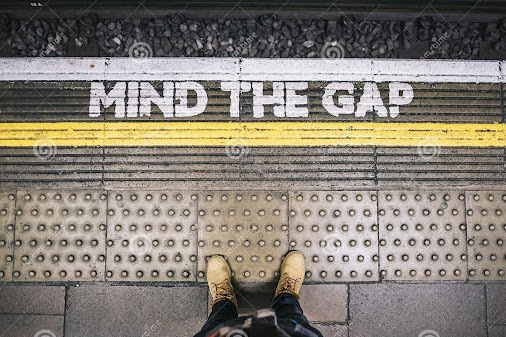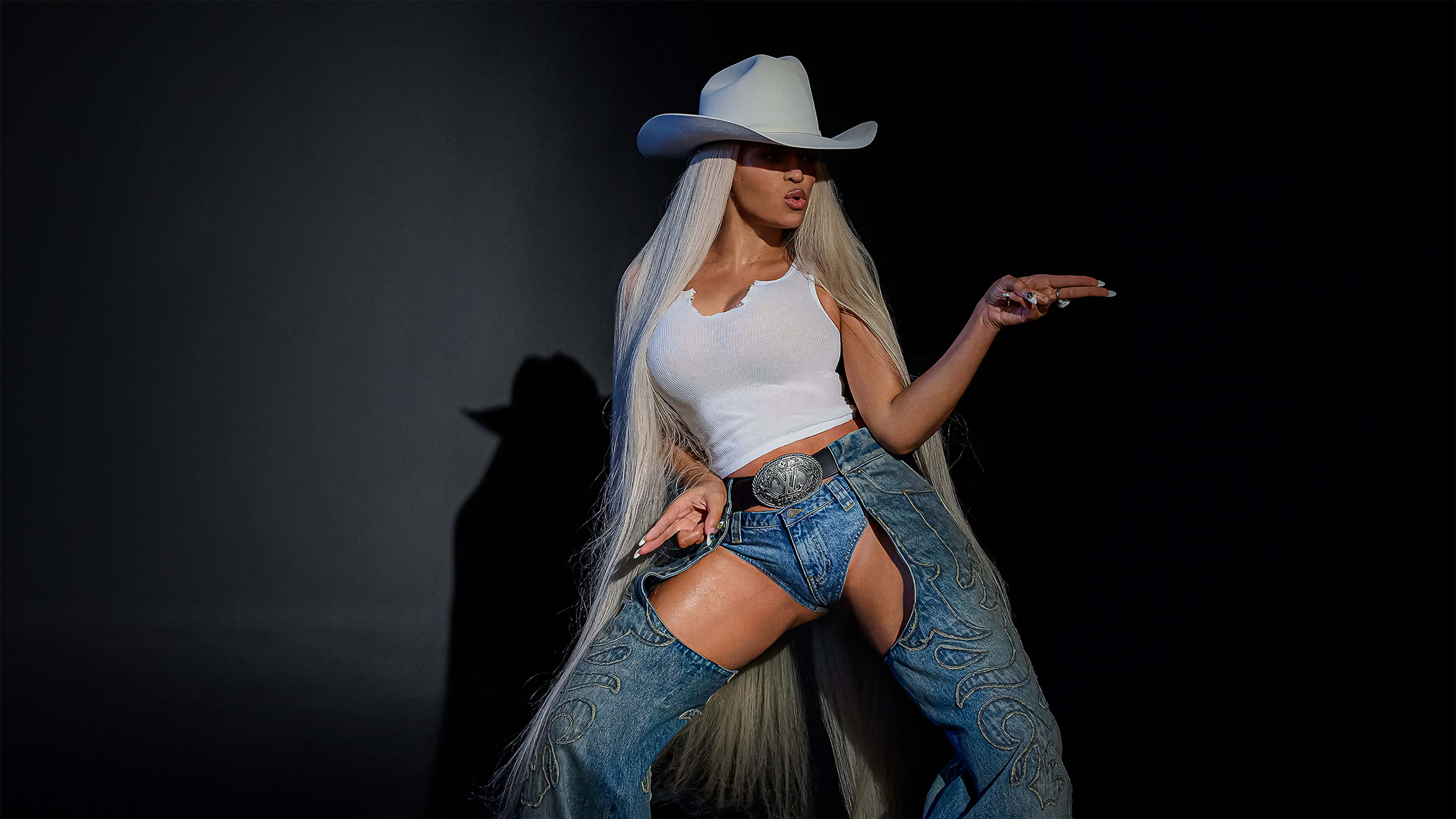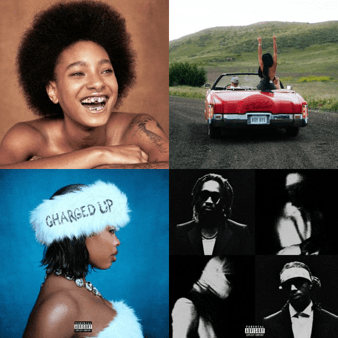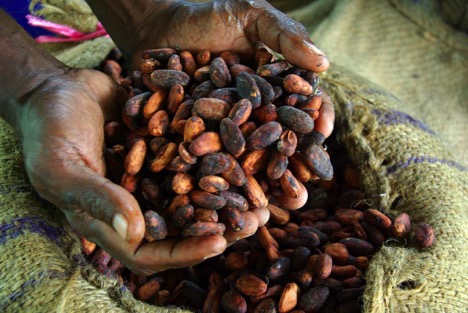By Namon Freeman
- Without substantial wealth Black Americans are unable to benefit from surging housing, stock, and asset prices
- For every dollar the average white American has, the average Black American has only about 17 cents
It’s been over 150 years since federal troops arrived in Texas to emancipate enslaved Texans, where prior to this the ratio of white-to-Black wealth stood at a staunch 56 to one. Today, that ratio is down to 6 to one and a new study from Princeton economist Ellenora Derenoncourt draws attention to what that ratio looks like graphed over time. Ironically it looks like a hockey stick (y’all know we don’t play hockey), with dramatic decreases in the wealth ratio over the first 50 years, minimal reduction over the middle of the 20th century, and a subtle widening of the gap after 1980. The racial wealth gap started to close again in 2019, but two months into the pandemic that trend reversed.
Why This Matters: It seems like Black wealth continues to hit a wall on its way to close the racial wealth gap, but Derenoncourt explains it’s more complicated than that. The economist and her team conducted a thought experiment on how the gap would have closed without post-emancipation barriers like Jim Crow segregation and redlining in the housing sector. Even with a more equal playing field the white-to-Black wealth gap would still be closer to three to one, because effects are cumulative, and wealth accumulates over time, like a snowball.
Although the racial wealth gap wouldn’t have closed in the dream scenario, it would have continued to converge post-1980, unfortunately that hasn’t happened in real life. Three specific factors have made Black wealth particularly difficult to amass and vulnerable to recent economic shocks; 1) job instability and lower wages, 2) low stock ownership, and 3) lower home-ownership. The proof is in the pudding: white households without a high school degree have, on average, more wealth than Black households with a college degree.
Situational Awareness: Equity platforms grounded in education, job training, or financial literacy may lessen the gap but they won’t close it. Large scale wealth redistributions are the only way to fully mend the gap. Wealth is political capital, households with wealth can donate time and money to influence policy. That political clout could be the difference between tangible reparations, or corporate commodification Black culture. So this begs the age old question: “what came first, the chicken or the egg?” Can the wealth gap continue to converge without concentrated political power? Or is the wealth gap bound to keep Black people on the neo-capitalist hamster wheel?
CBx Vibe: “I Don’t Believe You Want To Get Up And Dance” The Gap Band









